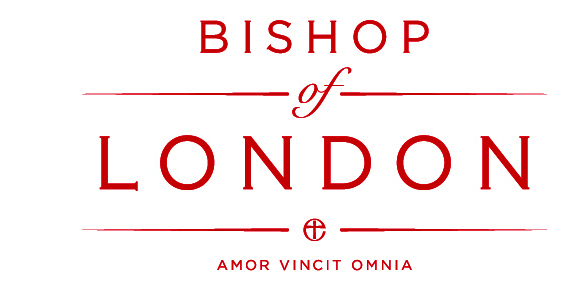Bishop of London responds to Queen’s Speech
The Bishop of London delivered a speech during the second day of debate on the Queen’s Speech 2021.
The second day of debate focused on the union and constitutional affairs. Read Bishop Sarah’s full speech below.
My Lords, I add my voice to welcome the noble Baroness, Lady Fraser of Craigmaddie. I thank her for her maiden speech.
There is much to welcome in this gracious Speech, including its focus on recovery from the impact of Covid on our lives and on the economy, the investment in skills and infrastructure that it promises, and its whole-country approach. A new programme implies a clean sheet and a fresh start, but I hope that the unresolved issues from the close of the last Session—namely those relating to the then Fire Safety Bill and the then Domestic Abuse Bill—will be resolved in this Session. I hope that the financial burdens on leaseholders will stay at the forefront of the Government’s concerns and be quickly resolved in the building safety Bill. Additionally, it was disappointing that the Domestic Abuse Bill reached Royal Assent without securing protection for all women, namely migrant women. I hope that the Government will uphold their promise to treat victims as victims first and foremost, and at least ratify the Istanbul convention before the nation’s 10-year anniversary of its signing in the summer of next year.
The previous parliamentary Session will for ever be marked in our minds due to coronavirus. I will say something about integrated health and social care, but will start off with the subject in hand: the constitution. In the Government’s briefing documents for the gracious Speech, the part dealing with the constitution has a strong emphasis on economic and structural benefit. It describes the United Kingdom as
“the most successful political and economic union in history, the foundation upon which all our businesses and citizens are able to thrive and prosper.”
Note the order. However, a union of nations and people is more than, and different from, a shared belief in a healthy bottom line. If we think that we can tarmac our way to unity, we are on the wrong road. A united and flourishing country is as much about the knitting together of hearts as it is about the laying of cables. Any project in service of the future of our union—if it has one—will need to be a project of the heart. We can look in our wallets or purses for cards—perhaps even one that will give us permission to vote—but we will not find our identity there.
The proposal to require photo ID to vote seems to be a solution in search of a problem. I confess to having some anxiety about it when the Electoral Commission itself estimates that almost 3.5 million voters are without suitable ID. Those in more marginalised communities, including many in my diocese, will number the highest among them. Taken alongside measures on protest and judicial review, this raises questions about the Government’s commitment to upholding those liberties and freedoms that they wish to encourage elsewhere in their programme. A union that takes seriously the role of every voice will yield a stronger hold. I hope that we might look to encourage an approach to unity that encourages thoughtful relationships with one another, recognises diversity and generosity and the contributions that each has to give, and, while recognising the economic benefits, puts common values and aspirations first.
This principle also extends to health. The need for a localised but joined-up integrated health and care system has become increasingly relevant. I note the comments yesterday by the Minister, the noble Baroness, Lady Berridge, that we must ensure that every part of England is covered by an integrated care system. We await further details. I hope that we will see an integrated care system on a statutory footing in this Parliament, as its benefits would be to reduce health inequalities and improve population health. A joined-up system with genuine multi-agency partnerships that span the NHS, local government and civil society, including faiths, can work. We have seen this in the action taken through the vaccine rollout.
Furthermore, I welcome the reference in the gracious Speech to the reform of adult social care in England to ensure dignity in old age, and the commitment to improving mental health services. A system that values every member of its body will not forget the vulnerable in our society or allow its members to arrive at old age unprepared for the reality of care costs that they cannot afford. It is imperative that we pursue integration seriously.
To succeed any system or union, be it of nations or public services, must value the voices of everyone, at every level, and develop systems that promote being seen and heard, and which will foster mutual respect and common unifying values. We must be connected in sharing the skills and prosperity that we enjoy and effective in making them available to all in need. This is more than a transactional relationship; it is about building ties of trust, respect and mutual support for the generations to come.
